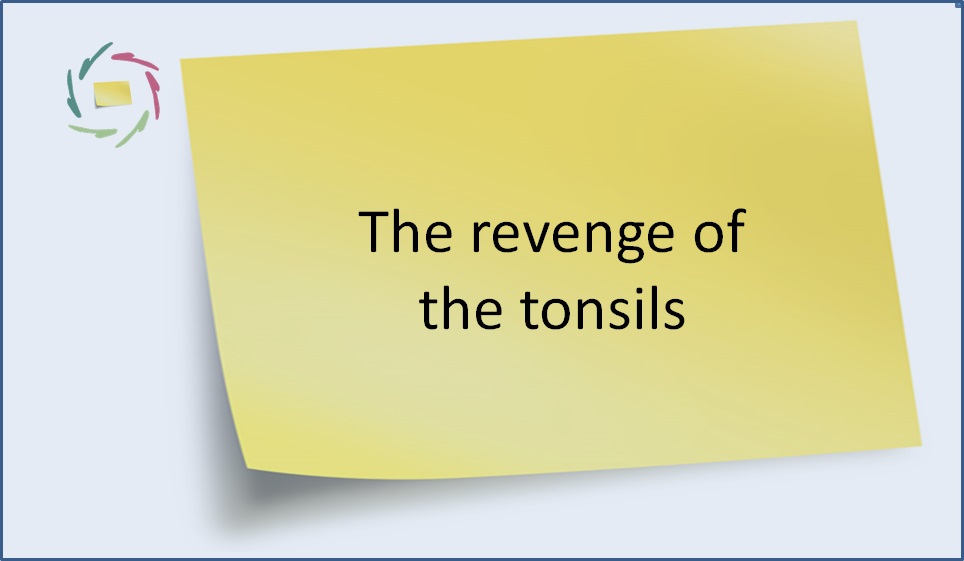The Subconceptual in Future Medicine

Modern Western medicine has been built on an exaggeratedly conceptual premise ― even concerning the mind. What place is there for the subconceptual in the future?
Huge current tensions in Western medicine
Many patients consult physicians for subconceptual issues. However, with little insight into the domain, many physicians would instead like to eradicate any dealing with the subconceptual. Of course, it doesn’t disappear through wishful thinking. As a result, many patients consult with unrealistic expectations about what medicine has to offer them. Historically understandable, but unfortunately, there is even an aversion from conceptual medicine, which is to be resolved toward a humane future.
As a matter of fact, this leads to tensions. The present situation is bad for many patients since the subconceptual psyche is always involved, and frequently the central issue.
It is also bad for many physicians and society.
How can a physician help if he doesn’t even see the problem? It’s like continuously fighting an invisible monster, which takes a lot of energy. One of the consequences is physicians’ burnout (officially, 50% in the US). Of course, any burnout is multicausal, but this is one of them. Physicians, very much wanting to help, are incapable of doing so in the subconceptual realm. Thus, they get into a big moral conundrum, the cause of which they are, in most instances, only implicitly aware. This way, what should indisputably be a profoundly gratifying profession has become a nightmare for many medical colleagues. This will only be resolved through the insight for which present-day medicine is ‘not ready.’ Should it be ready before proceeding toward what can make it so? That seems illogical.
Otherwise said, it will not happen.
There is also an enormous societal price tag in money and resources. Trying to solve a problem at the wrong level usually costs a lot. Even more, the somatic solution frequently heightens the problem. On top of it all, things are not kept within science this way. Many patients either fall between two chairs or go to non-scientifically nonsensical alternatives. See The Tower and the Swamp.
So, what will / should the future be like?
Logically, there are two options: pulling out the subconceptual from modern Western medicine or bringing it fully in.
Let’s look at both.
Pulling out the subconceptual
This makes medicine a purely technical endeavor, which can still be practiced with empathy. However, in this case, medicine should not appear to hold specific knowledge about the subconceptual, including ‘empathy beyond,’ let alone the difficult and effective Compassion.
This will eradicate the intrinsically magical appearance of medicine. If well done, this will also draw out much of the placebo effect. This should be good in the eyes of those who want to get rid of the subconceptual. Note, however, that a lot of the involved status is also placebo-engendered. Does this make it challenging?
Bringing the subconceptual to physicians.
This is much more difficult. Somatic versus psychosomatic is very different. In my years of medical education, no serious courses were dedicated to psycho-somatics ― ‘no’ as in nothing. As far as I see, there has been no change since then. Nevertheless, there have been many relevant developments in basic science as you can read in many of my blog-essays. Still, the history of two centuries ago is at the winning side. So will be the future.
Meanwhile, at least, physicians should be made aware in order to guide their patients and cooperate with a coach/psychotherapist or Lisa when ready.
It will be the second option.
The main reason is that the overlap between the two is too small. They are different fields in need of different education and build-up of expertise. In my view, it is daunting – at present – to have one person be an expert on both sides.
Still, a patient may show symptoms that partly belong to both fields while it is difficult to make the differentiation. This points to the necessity of optimal communication.
In an additional twist meanwhile, technical–conceptual medicine is bound to transform toward a domain in which A.I. will become ever more prominent, becoming better than humans in several aspects. Time will tell if this opens or closes opportunities for human-A.I.-cooperation in the medical field.
Lisa will become crucial.
AURELIS is head-on about the validation of the conceptual AND the subconceptual ― simultaneously. This way, it will be integrated into medical science, substantially forming the future of medical science itself. This plainly takes a revolution. Lisa will be crucial in this because Lisa is scalable and scientifically explainable. This is not the case for any individual psychotherapist or coach.
In any case, the future will need to find an optimal integration (of AURELIS/Lisa or some look-alike and the conceptual side) for the sake of many patients and healthcare providers.
Ultimately, it is to the benefit of everyone.


